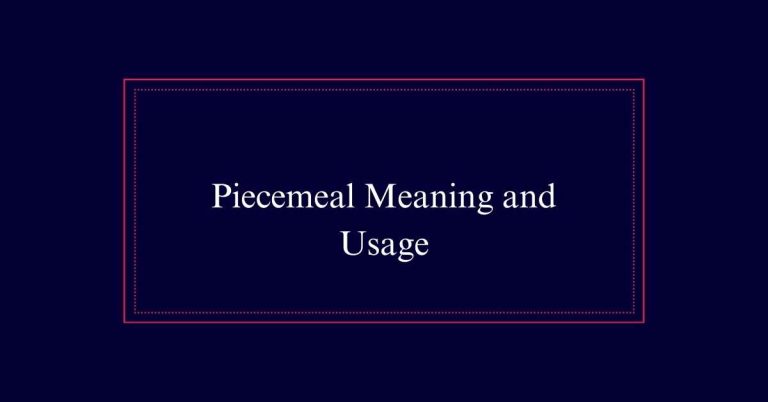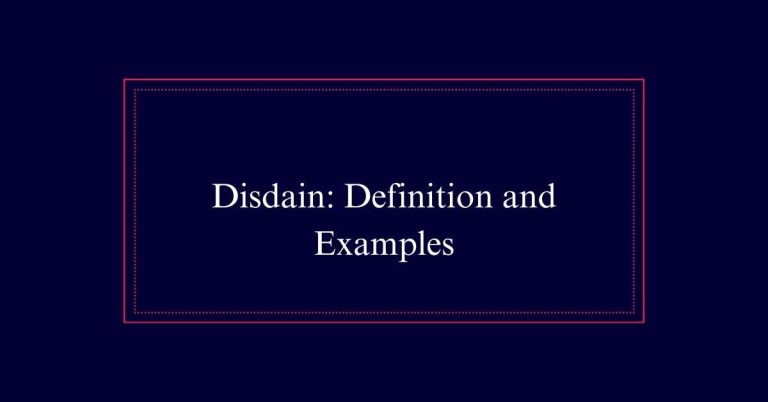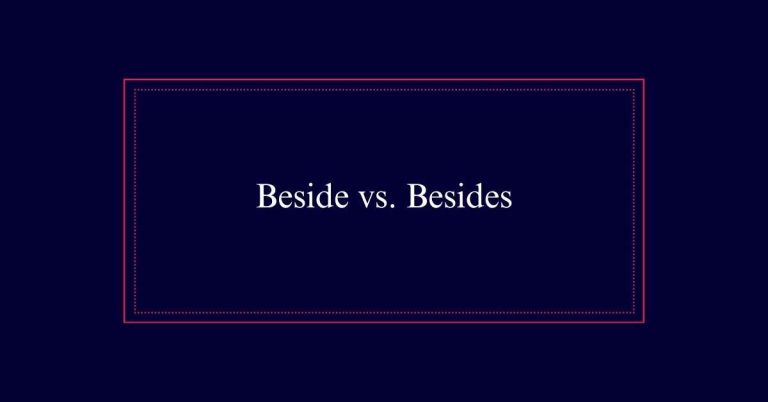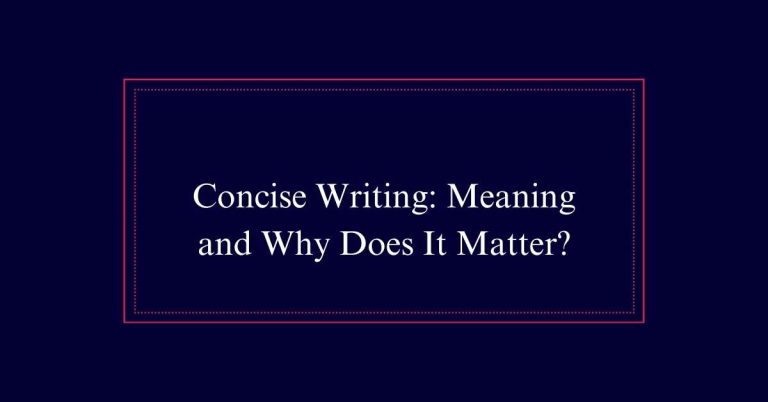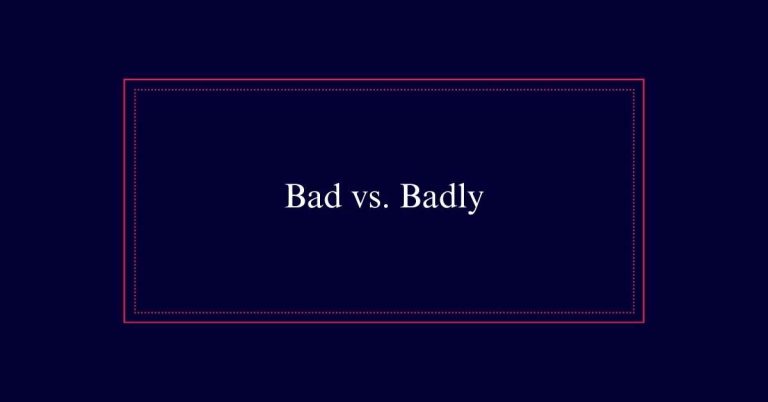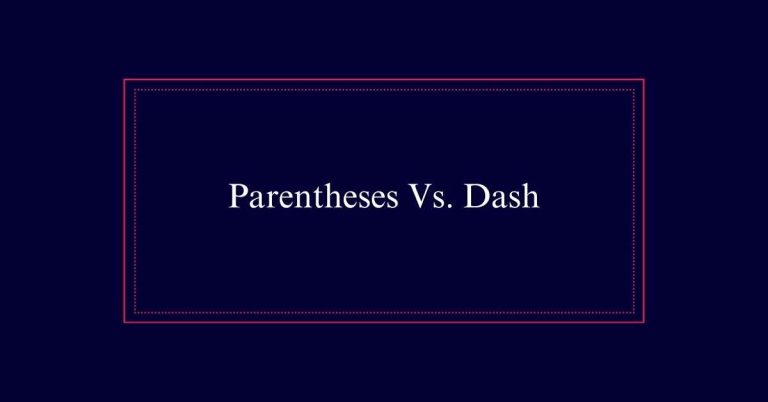What is the Singular of Dice?
The singular form of “dice” is “die.” In traditional usage, “die” refers to one cube with numbers from one to six, while “dice” is the plural term. Despite this, modern English often uses “dice” for both singular and plural. This evolution is partly influenced by the common usage and simplifies communication. The term “die” originates from the French word “des” and the Latin “datum.”
Meaning of Die
Understanding the meaning of ‘die’ is essential for distinguishing between its singular and plural forms. ‘Die’ refers to a single cube used in games of chance, marked with numbers from one to six on its faces.
When referring to more than one such cube, the term ‘dice’ is used. This distinction is important in both casual and formal contexts. Despite this, modern English often uses ‘dice’ as both singular and plural, though ‘die’ remains the correct singular form.
Origin of the Term
The term ‘die’ originates from the French word ‘des,’ which means a single game piece used in games of chance. This French term itself derived from Latin ‘datum,’ meaning something given or played. Over time, as the word entered English, it evolved to specifically denote one piece of a pair or set used in gaming.
The transformation from ‘des’ to ‘die’ illustrates how languages influence each other. The singular ‘die’ contrasts with ‘dice,’ the plural form, reflecting the same Latin root.
Here’s a concise comparison:
| Language | Singular | Plural |
|---|---|---|
| French | des | des |
| Latin | datum | data |
| English | die | dice |
Irregular Plurals in English
English is replete with irregular plurals that deviate from standard pluralization rules. Common examples include ‘child’ becoming ‘children’ and ‘foot’ transforming into ‘feet.’ These irregular forms often stem from Old English or other historical influences, making them exceptions to the usual ‘add an s’ rule.
Words like ‘mouse’ and ‘mice’ or ‘tooth’ and ‘teeth’ illustrate how vowel changes, rather than simple suffixes, create plurals. Such irregularities can be challenging for learners but are essential for proper usage. Understanding these forms requires familiarity with the language’s history and evolution.
Plural Form: Dice
Dice are the plural form of die, used to refer to multiple game pieces with numbered faces. They are standard tools in various games of chance and strategy. Each die typically has six faces, numbered from one to six. When multiple dice are rolled, the combined sum of the numbers facing up determines the outcome in many games.
Here is a simple table to illustrate different plural forms and their uses:
| Singular | Plural | Example Use |
|---|---|---|
| Die | Dice | Roll the dice. |
| Die | Dies | The machine makes dies. |
| Mouse | Mice | The mice ran away. |
Usage of Dice as Singular
Despite its origins as the plural form, ‘dice’ is now commonly used to refer to a single game piece in modern English. This shift in usage has been widely accepted in both spoken and written language. The Oxford Dictionary endorses ‘dice’ as an acceptable singular form, reflecting current linguistic trends.
Many people find ‘dice’ easier and more natural to use than ‘die.’ This change aligns with the natural evolution of language, where common usage often dictates grammatical norms.
While traditionalists may still prefer ‘die’ for singularity, the modern context has largely embraced ‘dice’ for both singular and plural forms.
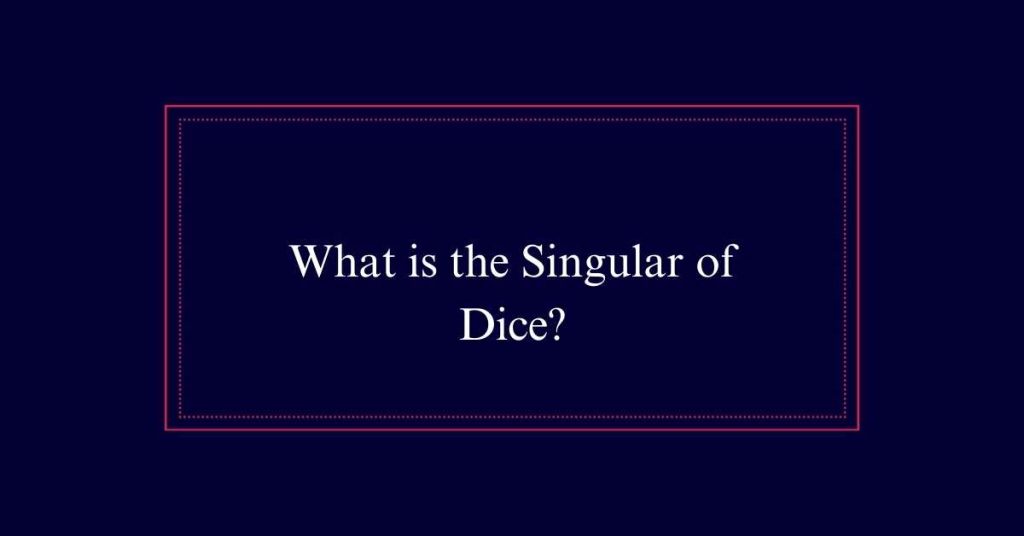
Idioms Involving Dice
In various expressions and idioms, dice often symbolize chance, risk, and unpredictability. These idioms convey deep meanings in simple phrases. For example, “The die is cast” signifies that a decision has been made and cannot be changed. “No dice!” means something is impossible or not feasible. “The dice are loaded” suggests a situation rigged against someone. These expressions, rooted in the action and uncertainty of rolling dice, are widely understood across cultures.
Here is a table of common dice-related idioms and their meanings:
| Idiom | Meaning | Example Usage |
|---|---|---|
| The die is cast | An irreversible decision | “We can’t go back now; the die is cast.” |
| No dice! | Impossible or not happening | “I asked for a raise, but no dice!” |
| The dice are loaded | The situation is unfair | “I feel like the dice are loaded against us.” |
| Roll the dice | Take a risk | “Sometimes you just have to roll the dice.” |
| Dicey situation | Risky or uncertain situation | “This investment is a bit dicey.” |
Oxford Dictionary’s Stance
The Oxford Dictionary recognizes ‘dice’ as an acceptable singular form in modern English. This reflects the evolution of language and the acceptance of common usage.
Traditionally, ‘die’ was the singular form, and ‘dice’ was the plural. However, language adapts over time. The Oxford Dictionary acknowledges that ‘dice’ is now commonly used both as a singular and plural noun.
This flexibility in usage allows for a more streamlined approach to communication. The acceptance of ‘dice’ as singular helps avoid confusion, making it easier for speakers and writers to use the word correctly.
Cutting Tool: Die Vs. Dice
Why do we differentiate between ‘die’ and ‘dice’ when referring to cutting tools?
The distinction is important to guarantee clarity in industrial and manufacturing contexts. A ‘die’ is a specialized tool used to cut or shape materials, often in stamping or molding processes. ‘Dice,’ on the other hand, are multiple gaming pieces.
Key points to note about cutting tools:
- Singular Form: ‘Die’ is always singular when referring to a cutting tool.
- Plural Form: The plural of the cutting tool ‘die’ is ‘dies.’
- Usage Context: ‘Die’ in manufacturing is distinct from ‘die’ in gaming, preventing confusion.
Dice in Literature
Many literary works incorporate dice to symbolize chance, fate, or uncertainty. In literature, dice often appear in contexts where the outcome is unpredictable.
For instance, in Shakespeare’s ‘The Tragedy of Julius Caesar,’ the phrase ‘The die is cast’ is used to signify a point of no return.
In modern novels, characters might roll dice to make decisions, reflecting the randomness of life. The imagery of dice can also denote risk and the unknown, adding layers of meaning to a narrative.
Phrases like ‘the dice are loaded’ suggest manipulation and deceit. By using dice, authors effectively convey themes of luck, destiny, and the inherent unpredictability of human existence.

